Ten years on the Bocas Lit Fest
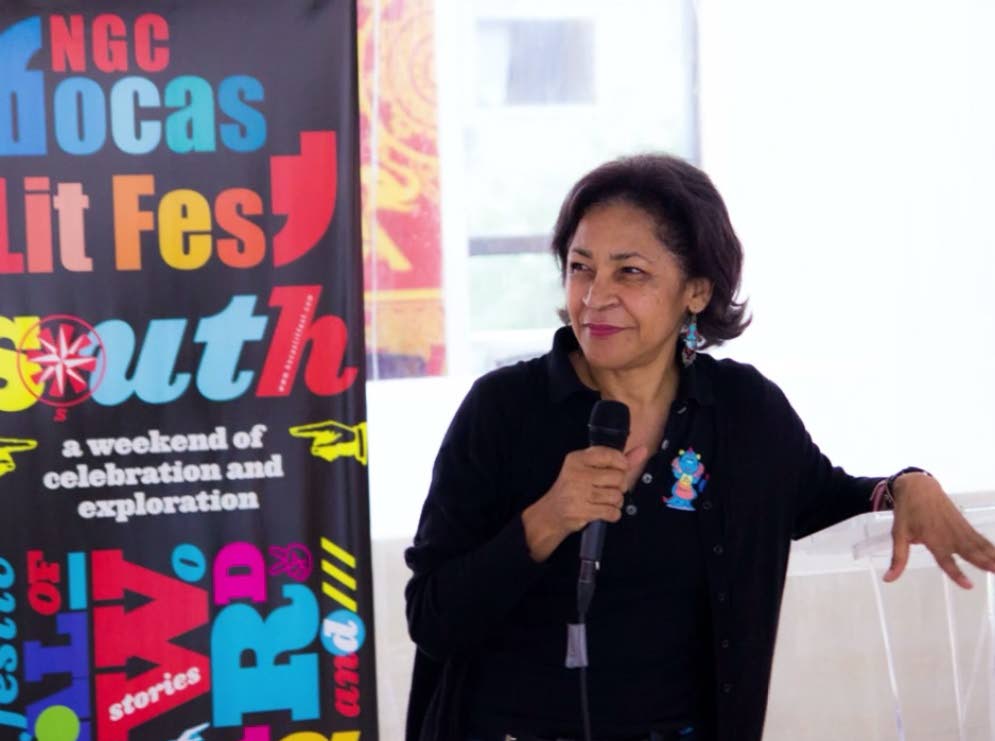
The Caribbean's premier literary festival turns ten this year and in commemoration of this milestone Newsday senior reporter, Julien Neaves is doing a three-part series of articles. In the first article, we hear from founder and festival director Marina Salandy-Brown.
Firstly tell us about the name
It’s a play on the word "bocas" which means "mouths" in Spanish and harks back to our oral traditions of storytelling and also on our unique geographical location, with the Bocas (del Dragon) as the gateway between us and the rest of the world. It was not my idea. I set up an initial committee in 2010 to brainstorm my idea of a festival and prize and the name emerged in that forum. I couldn’t achieve success on my own, everything I do involves others –strong partnerships and a lot of mutual respect and appreciation for the very many people and entities that I work with.
What was the genesis of the festival?
I observed that Caribbean writing was disappearing as a genre because in the UK it had been usurped by new, young writers who were children of Caribbean people, and they were writing about the experiences of diaspora people and not those of contemporary Caribbean people. In the US, there were more young Caribbean-born writers but they were not interacting much with Caribbean diaspora writers in the UK.
Meanwhile, in the Caribbean there were no avenues for people to get their creative writing out to the market, and there appeared to be little literary activity – no workshops, festivals, prizes. The sum total of this was the obvious need to create a space for Caribbean writers and writing to meet, be nurtured and taken to the world, drawing on our much admired literary heritage.
At the time we had two living Nobel Laureates for literature – (VS) Naipaul and (Derek) Walcott, and eminent writers like Earl Lovelace and recently deceased Kamau Brathwaite, were still writing but we weren't leveraging all that recognition to build a new generation of Caribbean-based writers. It was necessary to reclaim Caribbean literature.
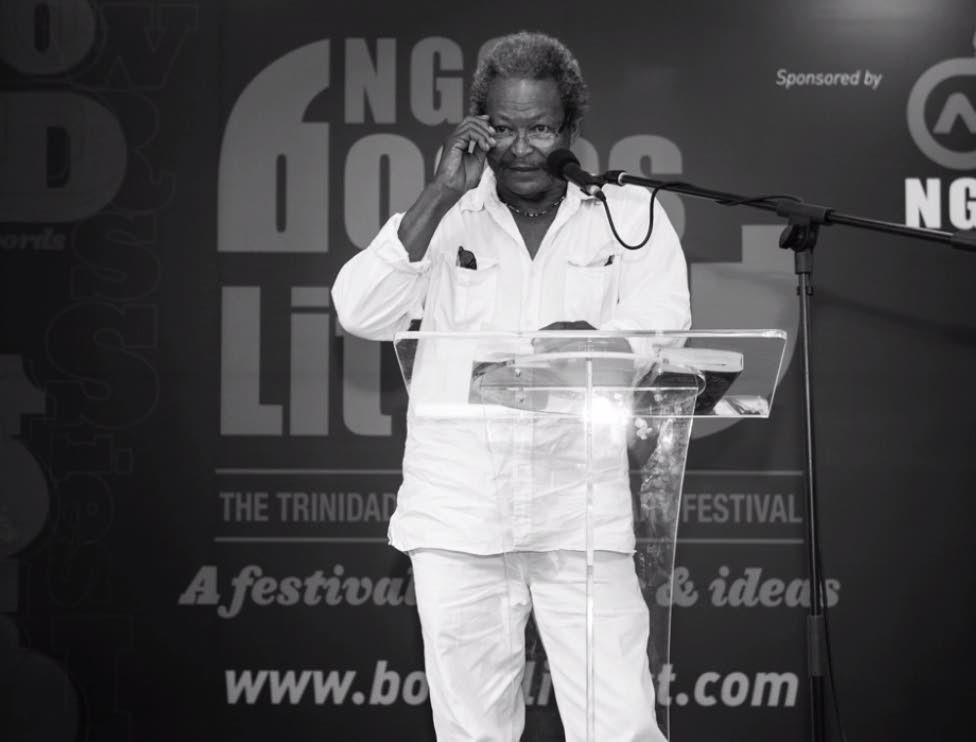
We also believed that people want to read, in spite of that self-fulfilling prophecy that we don't read here. It is not true. Lots of people here read and many increasingly want to write. Readers deserve to have the best of Caribbean literature and meeting the writers is one way to grow the market for books and interest in ideas. Reading for pleasure takes you to all sort of places and opens you up to an array of ideas and ways of seeing the world. You develop empathy and derive knowledge and you grow without ever leaving your home, and it is fun. Writers deserve good readers too. Readers are as important to us as writers, so we knew from the start that we had to get people reading more.
What were the early challenges?
(1) How to locate Caribbean writers when there is no market information about the sector and the writers are pretty far-flung. The festival and the OCM (One Caribbean Media) Bocas Prize for excellence were the first steps in bringing the writers to us. Each year I would say pretty much all the books of fiction and poetry and literary non-fiction (memoir et cetera) written by Caribbean writers living anywhere in the world are entered for the prize, so we have a very good idea now about exactly who's out there and we have come to know them and worked with pretty much most of them.
(2) We knew too that we had to have projects to get people reading more in order to build up an audience and that would need a lot of thought, time and money.
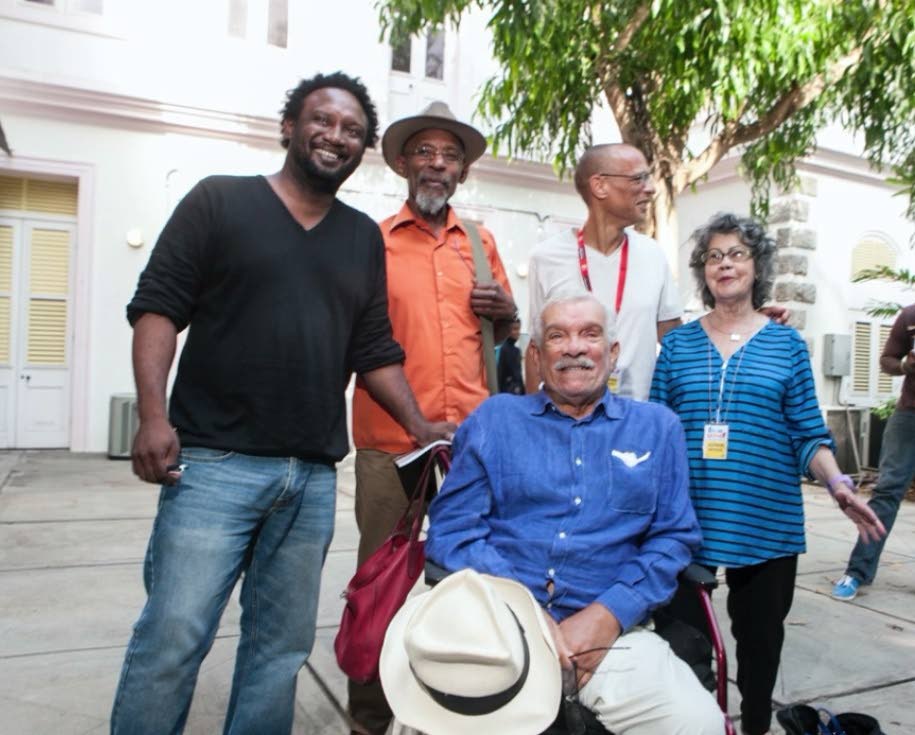
(3) Putting together a team, but I did it and the team is still together. The people I work with are the most important part of the endeavour. Team building is not an easy task and they had to believe in what we were doing. None of us had organised a festival before but I had been to several and I had good contacts in the world of literature as did Nicholas Laughlin and Funso Aiyejina.
(4) A venue. Thank goodness we were directed to Nalis by the then Ministry of Culture. The beautiful National Library is the perfect home of the festival and Nalis has been a wonderful and much-valued partner. We work together on projects for the festival and new writers.
(5) The biggest challenge was funding for something that few people had experienced, and it could have been a hard sell that literature is critical to personal and social development and was woefully overlooked by us as an important art form. It is also a very big international business that we had turned our back on. We publish here, but mainly textbooks. However, a few sponsors saw the light and gave us a chance to prove that we could create something virtually out of nothing It was a tremendous act of faith, or we told a very good story!
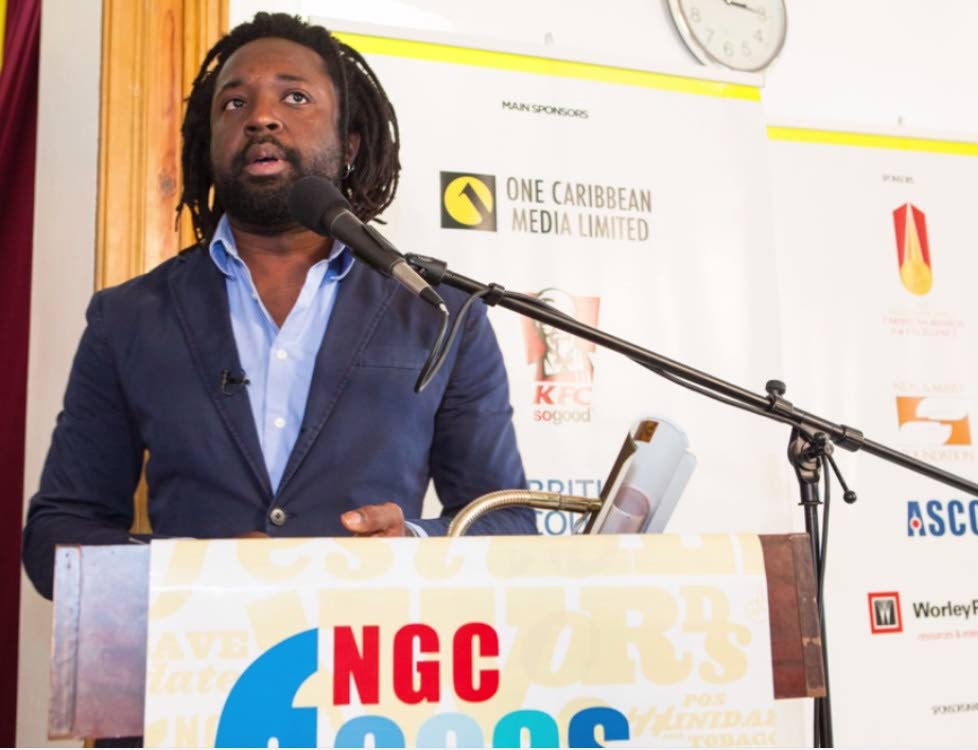
We could not do it without our initial sponsors and without the ones who are still with us, such as OCM who sponsored the prize and guaranteed us media coverage. But, especially the National Gas Company (NGC) – our title sponsor who keep us going most of the year as it takes a year to do each festival. And not to mention our partners, UWI and the booksellers, and Lonsdale the advertising agency all continue to be critical partners. All the people who did things for little or no money to get us going all made it happen and must never be forgotten. It takes a lot of dedicated people to make something like this, with so many moving parts, happen every year and (happen) successfully.
A big part was played by the British Council and Commonwealth Foundation who believed in what we were doing and really helped us financially. The British High Commissioner at the time too was a gracious benefactor in kind as were a succession of Chilean ambassadors who believed literature can cross borders and help with understanding between peoples.
How does the first festival compare to last year’s festival in terms of attendance and number of events?
The festival has changed very little from the first year which was as good a festival as any since then, except that we now have more writers and larger audiences. And everything has expanded but it is the same structure and has the same elements. We just steadily built on them as demand grew. We knew in that first year that we had to prove what we had been saying and we would have only one bite at the cherry so we had to hit the ground running.
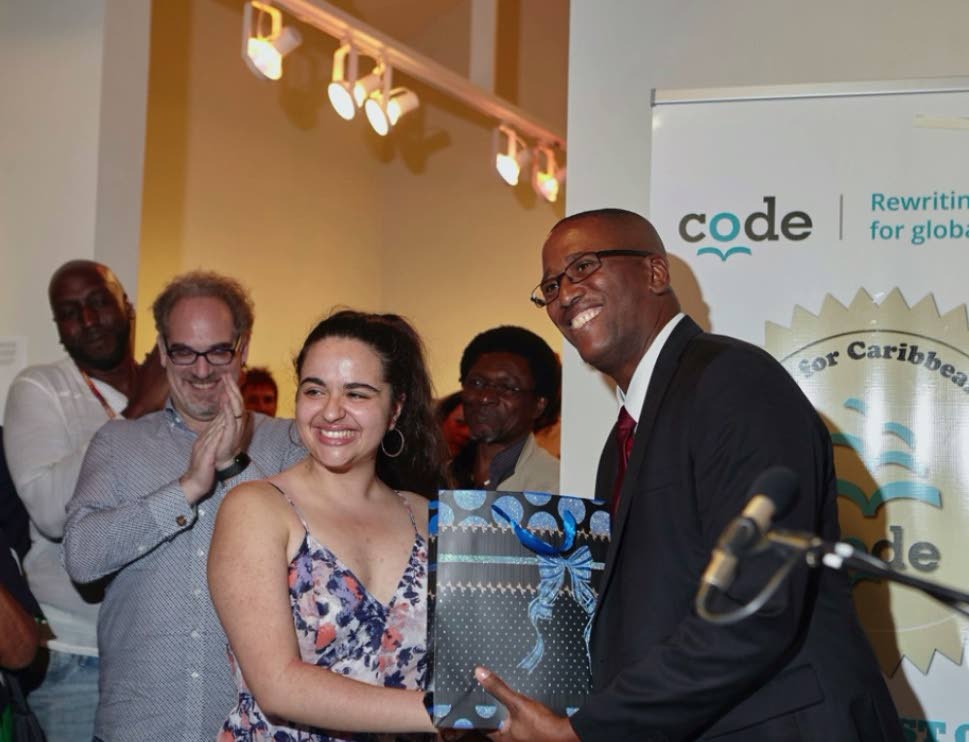
People came and said, "Oh, this is a literary festival, I like it. It's interesting and well run, and novel. I'll come back next time". We were a very tiny team and we had insufficient money to get the help we needed, so we ran ourselves into the ground. We did that for the first few years until NGC increased our title sponsorship and that helped considerably. The festival ended and I was never sure that it had happened. For months I would have the same nightmare (each year) that I had forgotten something important. I still get nightmares about things going wrong.
The audience in the first year was over 3,000 bums on seats for all the events. In the last two years it was 6-7,000, and the live streaming has brought in several thousands more. The number of events has grown as we added an extra day – up to 100 events and 30 visiting writers, plus our local writers and participants of all sorts, but this year we are tearing up the plan and doing things slightly differently. Ten years means time for a little pleasant surprise to mark this milestone of keeping on keeping on.
Part two of this feature continues in tomorrow's Newsday.


Comments
"Ten years on the Bocas Lit Fest"